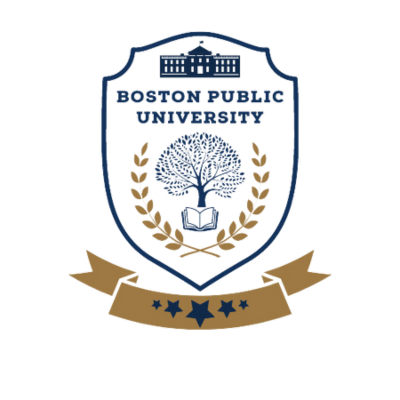This course provides an overview of the main
concepts, theories, and approaches used in political science, and covers key
themes such as democracy, power, governance, and globalization.
This course examines the key ideas and debates in the field of
political theory, including the works of classic political philosophers like Plato,
Aristotle, Hobbes, and Rousseau.
This course studies the relationships and interactions
between states, international organizations, and non-state actors in the global
system. Topics may include conflict, cooperation, security, globalization, and
international law.
This course compares and contrasts the political systems
of different countries, examining how they are structured, how they function, and
how they are influenced by cultural, economic, and historical factors.
This course examines the processes by which policy decisions are
made, implemented, and evaluated in democratic societies. Topics may include
policy analysis, program evaluation, and policy implementation.
This course studies the attitudes, beliefs, and behaviors of
individuals and groups in the political process, including voting, campaigning, and
political participation.
This course focuses on the management and organization
of public sector institutions, including government agencies, non-profit
organizations, and international organizations.





